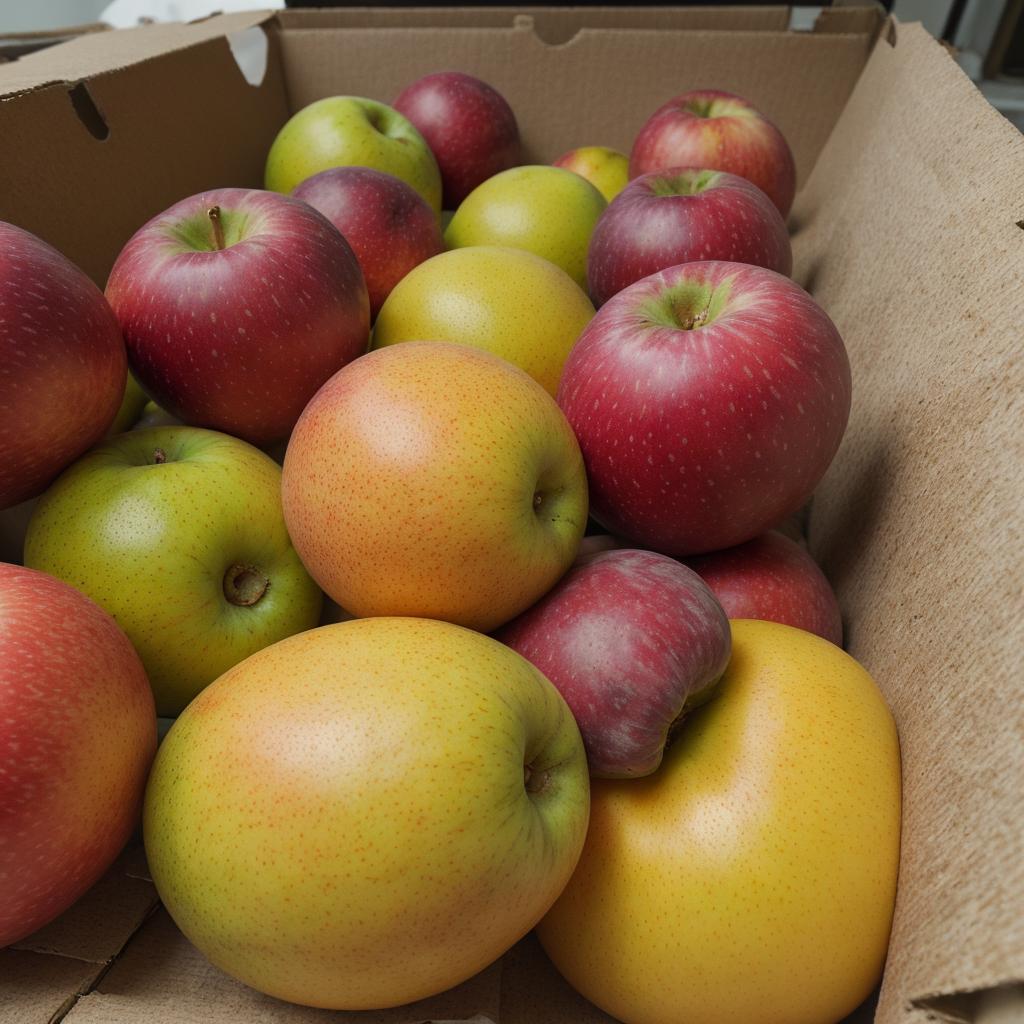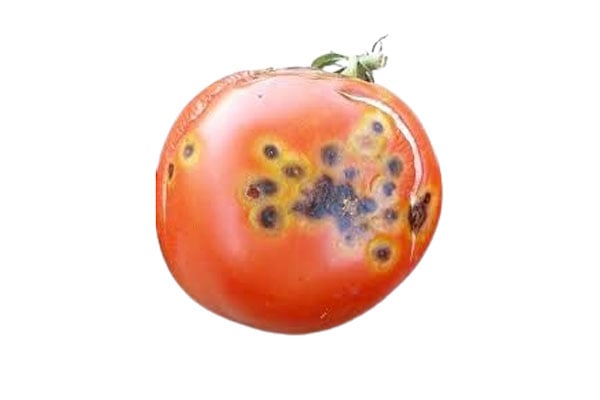Prime
Natural remedies to prevent fruit rot

Rotten fruit can be costly for both the farmers and consumers. Photo/AI generated
What you need to know:
- Preventing food waste is no less of a challenge. It’s a problem humans have been reckoning with since the first moment we had more food than we could eat in one go.
Fruit rot is one of the challenge farmers get especially when they are about to harvest and earn from their long waited crops. We have realised that there are several natural ways one can adopt to save the farmers from making losses.
Mr John Muwanga an agriculturalist says that apart from using pesticides it’s better to start using natural remedy immediately after spotting the problem.
“We all know that before farmers were using natural remedy to treat crops and am sure they still work just because farmers are no longer interested in applying it,” Muwanga says.
He explains that fruit rot is one of the main problem farmers are facing towards and after harvesting period and the most affected fruits include tomatoes, oranges, mangoes, water melon, guavas and strawberries .
Rotting come with symptoms of brown and black spots on the fruit, becoming soft, developing mould on the fruit and fruit decay.
Lemon liquid
Mr Muwanga says that using lemon liquid is one of the easiest natural way to prevent and treat the fruit rot, this helps to lower the alkaline levels of the fruit and improves the acidic environment which can stop fungal growth on the fruit.
“Lemon juice contains vitamin C which has antioxidant ingredient that boost the immune system of the fruit. Lemmon juice is used after harvesting where you need to soak your fruits for about 10 minutes and after you dry them and keep in a cold place,” he says
He adds that making lemon solution you need to have the following: lemon juice, water and the clean cloth for drying. The above method works for apples pear, peaches and grapes.
Neem Oil
Mr Muwanga says that Neem oil is also a natural method to treat the fruit rot, the oil extracted from the neem seeds contains the antifungal and insecticidal properties that protect your fruit from rotting and getting spoilt.
“Using the Neem oil you have to mix water with oil and put it in the spray bottle and the you add any detergent which helps the liquid to mix well before spraying,” he says.

Mr Muwanga adds that after mixing you start spraying the fruits with the neem oil solution and then you leave them to dry naturally. After drying you can store them in a cool place or refrigerator. This is recommended for vegetables like tomatoes, cucumber and eggplants. The suggested ingredients include: neem oil, water, spray bottle and detergent.
Mixing baking soda
Mr Muwanga says that mixing baking soda with water is also another common household ingredient that can help you fight fruit rot, since baking soda has alkaline properties that defuse the fruit’s acidity and create a hostile environment for fungi and bacteria it’s also recommended for natural remedy.
“Baking soda also contains harsh qualities that can remove dirt and spores from the fruit surface. After applying the baking soda then the fungal get weak and cannot affect the fruit anymore,” he says.
Mr Muwanga adds that the process involves applying the paste on the affected areas of the fruit using a brush or spray bottle and then you leave it for about 15 minutes and rinse with clean water, this works for fruits such as lemon, oranges, melon and bananas.
Garlic mixture
Mr Muwanga says that garlic is one of the recommended powerful natural fungicide that can stop fungi and bacteria from affecting fruit. Not only the mixture but also the odor can repel insects and pests invading the fruit.
“It’s advised to peel and chop the garlic cloves in the blender or pounding it mix with water and then strain the mixture before pouring in the spray bottle . After you spray the fruit generously with the solution and then let them dry naturally,” he says.
Mr Muwanga adds that garlic cloves must be fresh enough to provide the required solution which can weaken the fungal on your fruits. After spraying the fruits you have to store fruits in a cool and dry place. This works for blackberries and Cranberries.
Mr Muwanga says that it’s better to use insecticide starting from the first stem of growing because it helps to make the fruit strong and desist from getting any bacteria.
Solution
The essence of farmer field demonstrations empower farmers to learn, understand, and make informed decisions. The approach challenges conventional agricultural extension approaches, which are based on top-down delivery of technology packages.




